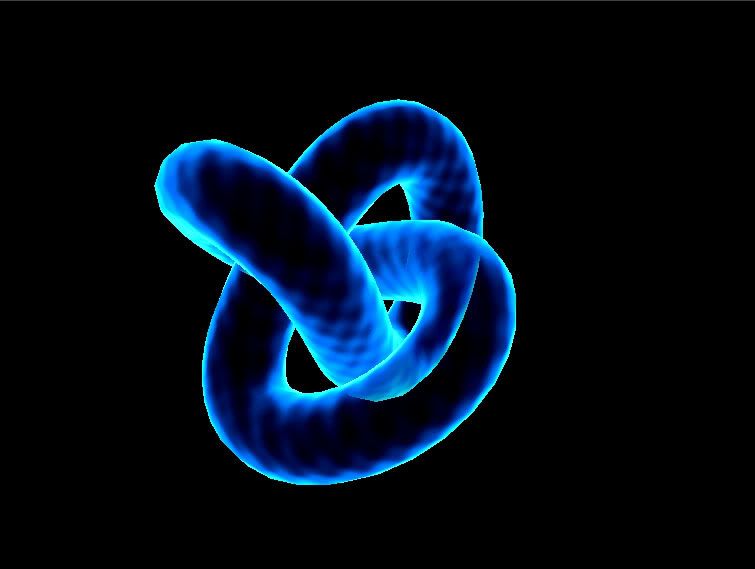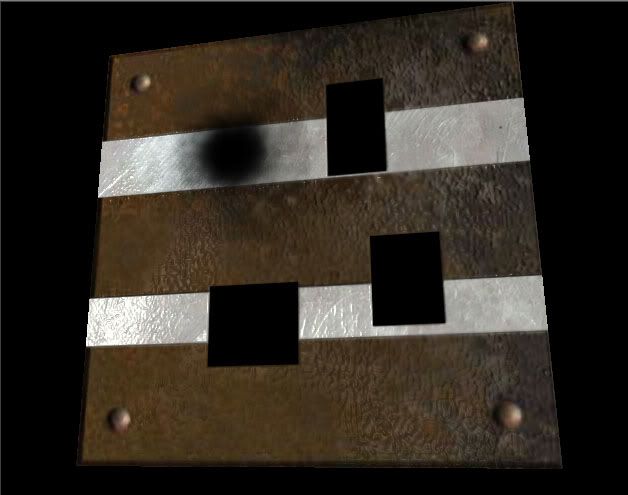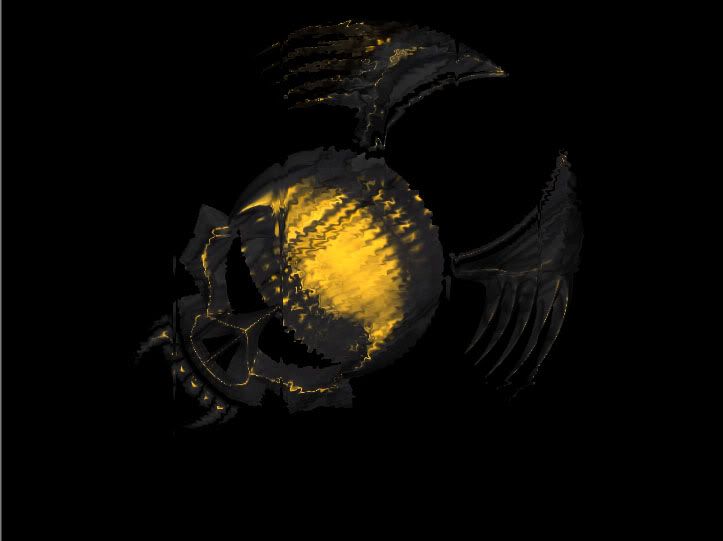So i´ll going to learn HLSL...
Here i´ll post allt the shaders i do...
(and maybe some questions )
Greetz TGM




Code: Select all
gl_Position = ftransform();


hmm... I thought I wrote this a little bit above.HLSL is easily switched over to GLSL. Instead of asking someone to do both for you, you should try it out yourself and learn shaders a bit more.

Sorry, wasn't intended for you. Was intended for i think julius that was saying "give us Linux users this stuff in GLSL" I think you're doing a fine jobTheGameMaker wrote:thx for the GLSL tuts.. i´ll have a look on them.
hmm... I thought I wrote this a little bit above.HLSL is easily switched over to GLSL. Instead of asking someone to do both for you, you should try it out yourself and learn shaders a bit more.
